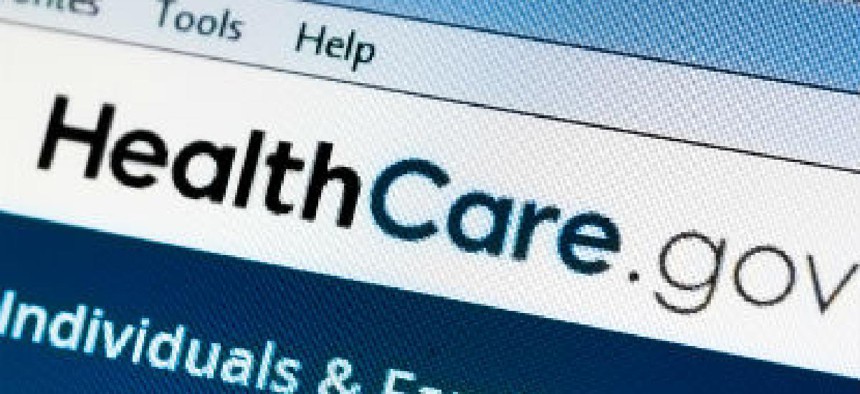Questions linger about launch security of HealthCare.gov

Republicans and Democrats are creating a lot of smoke in Hill hearings about the troubled website, and experts are not adding much clarity to the fire.

Republican critics of the troubled launch of HealthCare.gov are continuing their probe into the site's alleged security vulnerabilities and asking whether political appointees disregarded the advice of experts in giving the site the authority to operate.
A key point of contention is a Sept. 24, 2013, memo drafted but never sent by Teresa Fryer, chief information security officer at the Centers for Medicare and Medicaid Services. Fryer's memo reports flaws in the security assessment and does not recommend issuing the authority-to-operate (ATO) document required for the site to go live.
The memo, released by Republicans on the House Oversight and Government Reform Committee, also says there is no confidence that personally identifiable information would be protected when the site launched. Fryer addressed the memo to her superior at the time -- Tony Trenkle, CIO at CMS -- and she based her conclusions in part on a security assessment by Mitre.
Trenkle resigned in November. Earlier this month, Dave Nelson, formerly acting director of the Office of Enterprise Management at CMS, was named to replace Trenkle as CIO. HealthCare.gov's ATO was issued under the signature of CMS Administrator Marilyn Tavenner.
Fryer testified at a Jan. 16 hearing of the House committee that HealthCare.gov is currently secured according to federal information security best practices, that software patches made as the site is updated are subject to security testing and that future ATO reauthorizations are expected to proceed.
Fryer and Kevin Charest, chief information security officer at the Department of Health and Human Services, testified that there have been no successful penetrations to date of the HealthCare.gov system by hackers, despite regular attempts to do so. Fryer, Charest and Frank Baitman, CIO at HHS, all noted that there was no way to guarantee security for any website, commercial or governmental. Baitman said he believed federal best practices for information security were more rigorous than those typically employed in the private sector.
He had limited involvement in the development of HealthCare.gov because each HHS component has its own CIO organization. However, he said he had suggested a phased launch of HealthCare.gov on Oct. 1, 2013, instead of a full-scale rollout on that date. The idea was a discussion topic in a meeting but not a recommendation, he added.
Some Republican lawmakers rejected the assertion that the site was not actively being breached by hackers. At a separate hearing by the House Science Committee, one expert said that despite HealthCare.gov's high visibility, other government databases and websites have more in the way of personal, financial and medical information. Although HealthCare.gov interacts with a variety of agencies, including the IRS, it does not collect individuals' health records or store their financial data.
"HealthCare.gov may be a great political target, but we as a nation have much more tempting targets," said Waylon Krush, co-founder and CEO of Lunarline. Democrats on the House oversight committee highlighted the reports of the site's security and compliance with the Federal Information Security Management Act. Rep. Elijah Cummings (D-Md.) complained that Republicans, including committee Chairman Darrell Issa (R-Calif.), were "cherry-picking" sensational-sounding nuggets from depositions and documents for political reasons.
Issa recently alleged that prelaunch security concerns aired by Fryer and security contractor Mitre suggest that HHS Secretary Kathleen Sebelius provided "false and misleading" congressional testimony. The committee is still seeking answers on key points.
Baitman, Charest and Fryer could not recall an instance of a department head issuing an ATO for a sensitive government IT system over the contrary recommendations of top security officials. Fryer said it was appropriate that Tavenner issue the ATO "because of that individual's ability to broadly assess the acceptable risk of operating the system."
Issa and others on the committee wanted to know if the decision to issue the ATO was politically motivated so that the site could make the planned Oct. 1 launch date.
There is also some confusion about whether Obama administration officials believed that deadline was a statutory requirement. Sebelius has testified that she was operating under that presumption.
But Charest told the panel, "From my perspective [Oct. 1] was just the date in a project plan."
NEXT STORY: Federal IT's Fosbury Flop



